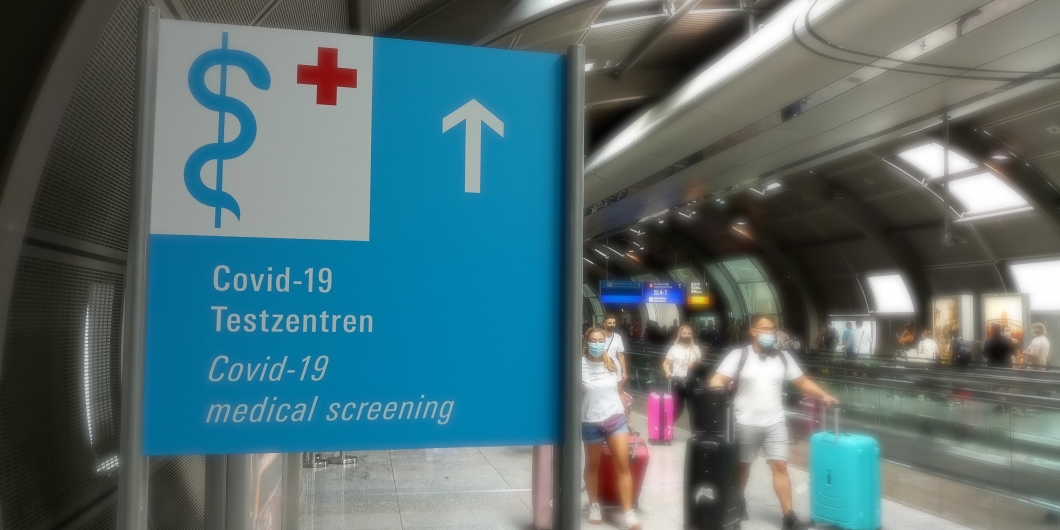
BARIG urges to continue the successfully established Covid-19-testing infrastructure and strongly warns against the consequences of blanket quarantine measures
• Federal and state governments' proposal to re-introduce a blanket quarantine policy poses a major setback for the entire travel industry and mobility
• Risk definition according to specific regions enhances test management efficiency
• Optimization and differentiation instead of generalization
Frankfurt am Main, August 26, 2020. With deep concern, the Board of Airline Representatives in Germany (BARIG), the association of international and German airlines operating in Germany, is observing the proposal of the federal and state health ministers to replace the current Covid-19-testing strategy for travel returnees from risk areas by a blanket quarantine decree. As of July 2020, travelers returning from high-risk areas may, for example, undergo testing for Covid-19 directly upon arrival at the airport and, thus, end quarantine early given a negative test result. This procedure has proven both to be efficient and effective in minimizing the risk of infection and to reactivate European air traffic, business travel and family reunions, as well as tourism in general. A sharp step back to blanket quarantine measures would literally shut down 80 percent of destinations from Germany, thereby causing massive damage to air traffic and tourism, in particular in the tourist destinations of Europe.
"A reversal of the current practice as planned by the federal and state governments would pose a fatal setback for the economy and for the mobility of people, who were finally able to travel again on business, to relatives and friends, or on vacation. It is crucial to maintain the testing capacities at airports, which have been carefully set up until now, and to use them more efficiently," BARIG Secretary General Michael Hoppe warns. "Introducing a blanket quarantine order of at least five days is beyond all proportion and poses even greater challenges to the authorities in terms of monitoring and implementation than the currently established testing requirement does. In addition, a further differentiated, more regionally determined assessment and classification of any travel restrictions are called for, rather than generalized blanket decisions – this would also allow for a more effective and targeted use of testing capacities."
BARIG explicitly supports the initiative of the German Aviation Association (BDL) to focus more on a risk-based differentiation in the identification of risk areas. As already the case for European countries, attention has to be paid to regional differences due to the most current situation in a specific area, rather than a general classification of whole countries as risk areas. This applies equally worldwide, as, for example, individual regions in the USA or in China are affected to varying degrees. Differentiated strategies, therefore, facilitate more efficient test management and the targeted use of test capacities, thus supporting the urgently needed economic recovery.
For further current BARIG topics and other aviation news visit https://www.barig.aero/en/news.

